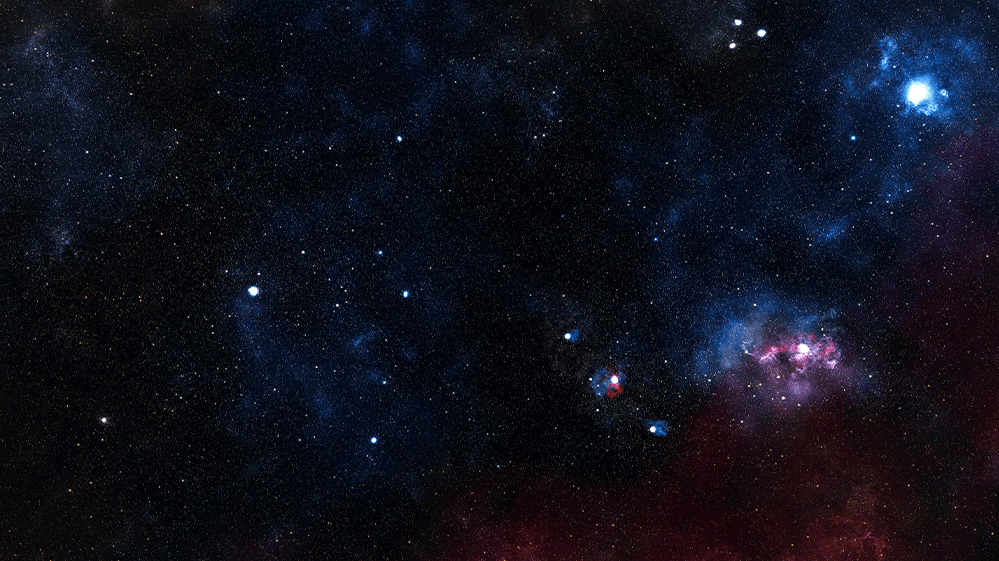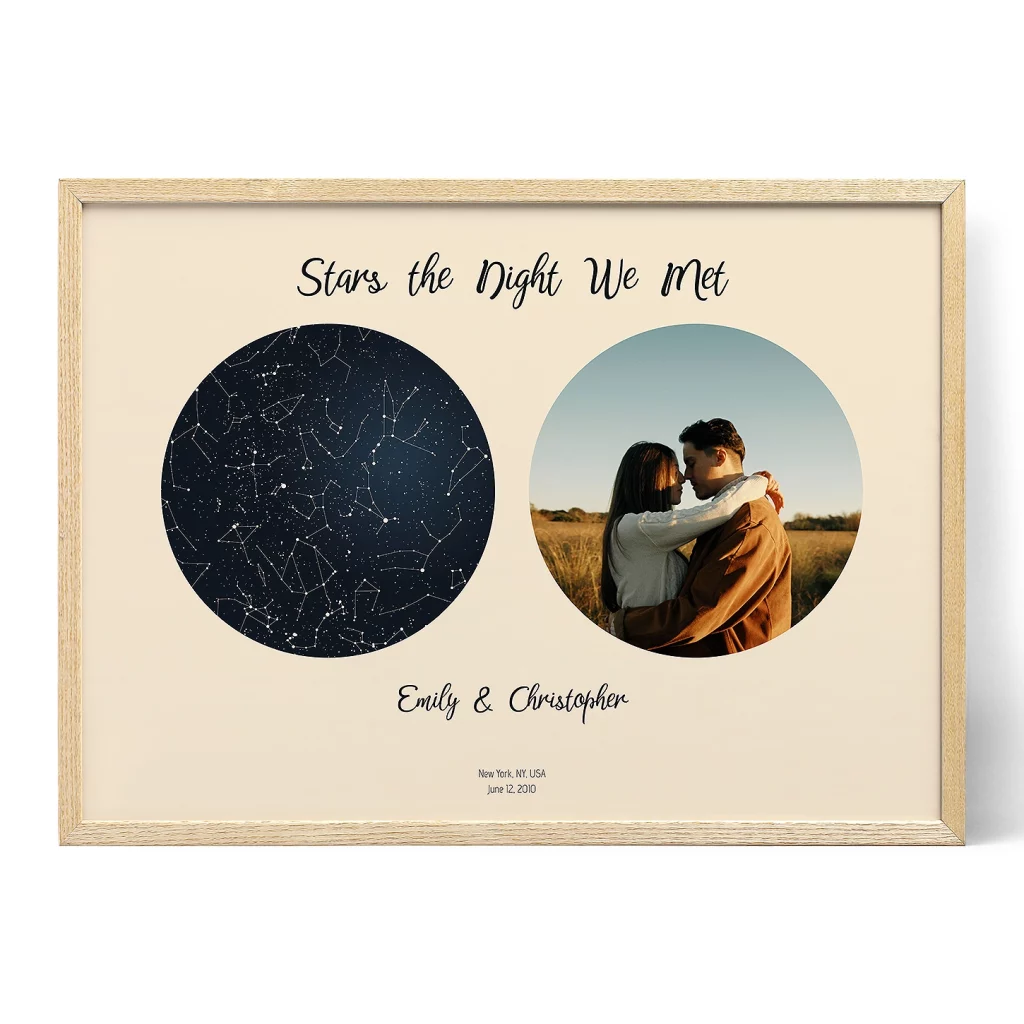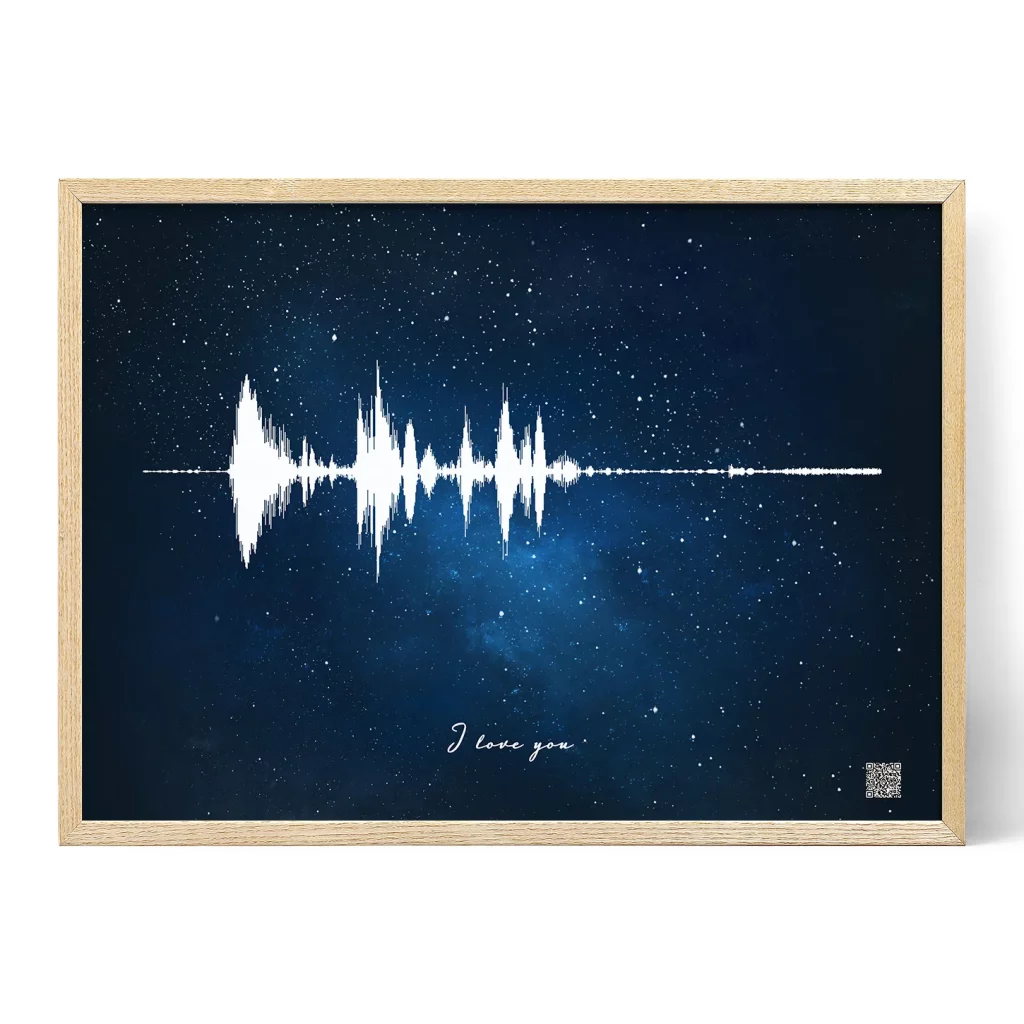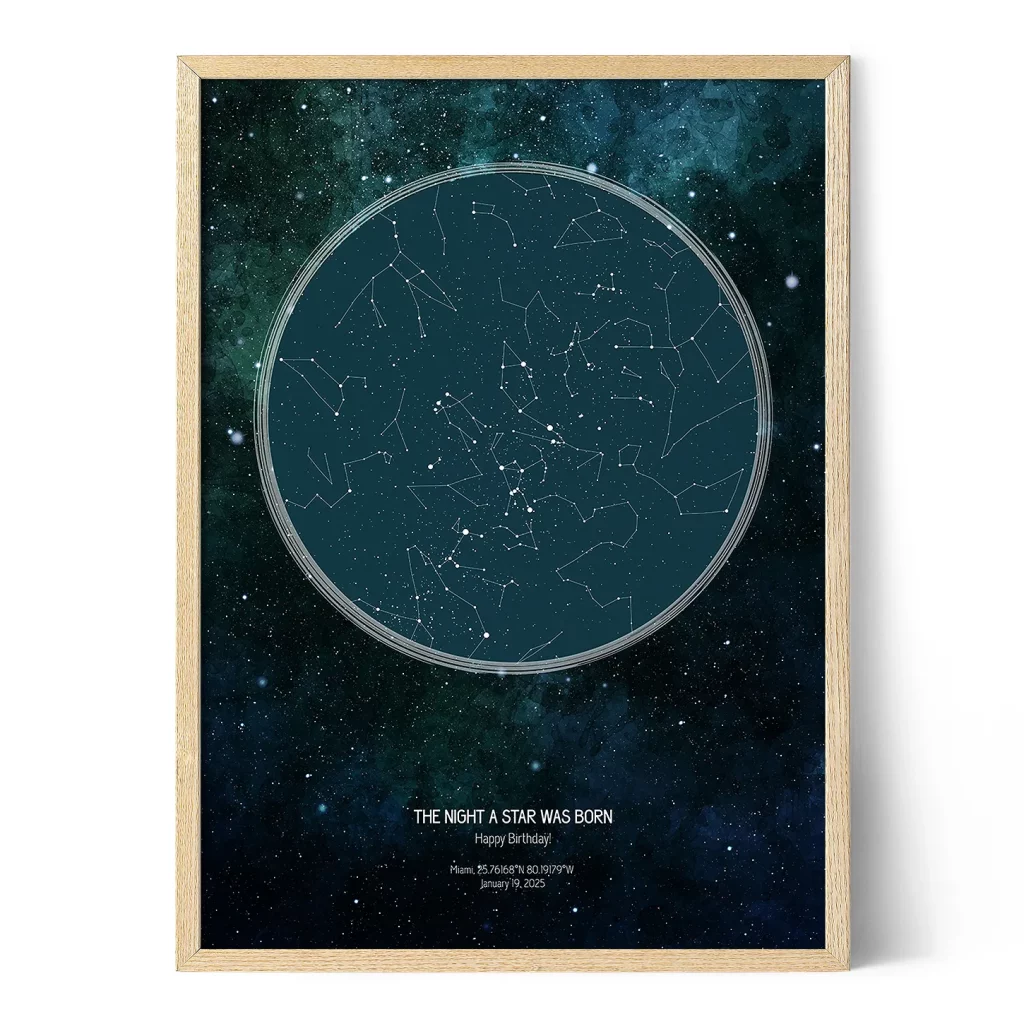
Astronomy and astrology are often used interchangeably. But make no mistake that the two are not the same. The two share similar roots, and both focus on the sky and stars above us. But that’s about where the similarities end. Here’s a closer look at the astronomy vs astrology comparison and why the difference matters.
Astronomy vs Astrology: A Brief Definition
Simply put, astronomy is the science of studying the stars and other components of the universe. Scientists who study astronomy look at the movement patterns of planets. They study the properties of celestial bodies, and examine their position in the sky.
Astrology is based on astronomy. It uses what astronomers have discovered and attempts to provide insight into how these celestial bodies influence life on Earth. For example, it takes into consideration the position of planets at any given time and makes predictions about how that positioning can influence decisions, behaviors, moods, and more.
The Science of Astronomy
It used to be that astronomy and astrology were considered one in the same. Then, during the Age of Reason, astrology ideas started being rejected as superstitions.
Today, astronomy is a bona fide science. Astronomers dedicate their careers to looking to the heavens to identify new stars and planets. Study their origins, predict their movements, and make logical assumptions. Unlike astrology, astronomers can support their ideas with proof. This is why astronomy findings are widely accepted by other scientists, scholars, and general public. Even if they’re not experts in astronomy themselves.
The Pseudoscience of Astrology
Astrology isn’t technically a science. It’s more of a pseudoscience. It uses astronomy as a foundation to explain the impact of astronomical behaviors. Astrologists turn their explanations into horoscopes and other predictions based on individual zodiac signs. They believe that planetary positioning at any given time can impact. A person’s thoughts, feelings, and decisions.
To be clear, astrology does have a scientific basis. Astrologists use the same vocabulary as their astronomer counterparts. Along with star charts, diagrams, and graphs that detect planetary positions at any given time.
But unlike astronomy, there is no way to “prove” astrology beliefs. Many people who follow astrology say that their findings can be too general to be reliable. And when predictions do come true, some are inclined to see it as mere coincidences.
But there are others whose experiences have been quite the opposite. Many consult their horoscopes to look for signs in their lives, provide direction, and explain why they’re feeling a certain way.
How Astrology Uses Astronomy

One of the most valuable tools in astronomy and astrology are star maps. A star map is a representation of the stars in the sky on any given date. Algorithms create these maps based on previously established patterns so that an accurate map can be created for any date, even those in the future.
Future-looking star maps are used by astrologists to develop predictions for how planetary events will impact human life, usually according to their zodiac sign. The zodiac is commonly thought to be a component of astrology, but it’s also a tool used by astronomers.
Zodiac Constellations
The zodiac is defined by the earth’s annual path around the sun. Throughout 12 distinct intervals, we see the sun against the same constellations throughout the year. This is why zodiac signs are commonly referred to as your “sun” signs.
Astronomy tells us that these signs represent constellations that have the same names as the 12 zodiac signs. Aries, Taurus, Gemini, Cancer, Leo, Virgo, Libra, Scorpio, Sagittarius, Capricorn, Aquarius, and Pisces. From there, astrology takes over and tells us that the sun’s position against these constellations can have an impact on our personality traits at birth as well as our moods, behaviors, and actions throughout our lives.
There’s a lot of overlap between astronomy and astrology. So it’s no surprise that the two are used interchangeably. The most important thing to remember is that astronomy is a science that explains much of the “what” of our universe: it tells us factual information about celestial bodies and uses logic and proof to back up the claims. Astrology takes astronomy a step further to explain the impact of astronomy, findings that aren’t always widely accepted and are based more on speculation rather than cold, hard proof.
Star Maps in Astronomy and Astrology
Regardless of whether you love astronomy vs astrology or can’t wait to read your horoscope every day, everyone can enjoy a personalized star map. Star maps provide a detailed look at the night sky on a date of your choice. It’s up to you to decide if the stars and planets aligned for you on that very special day.
Start creating your custom star map here and bring the night sky into your home.










